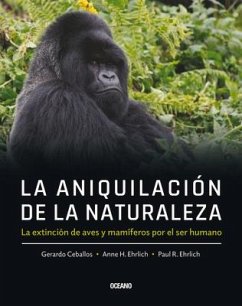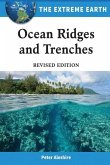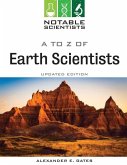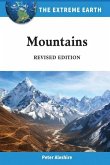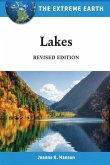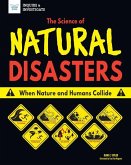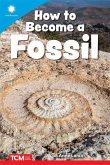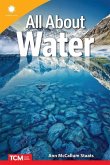Nature has been profoundly affected by the explosion of the human population. This has shown up through mass consumerism, the negligence of companies and governments, and the apathy of the public. The destruction of ecosystems and the disappearance of species could cause following generations to live on a planet with severely reduced biodiversity. This book uses accessible language and first-class photographs to demonstrate the limitations of activists, and warns authorities of the urgency needed to protect the world's most vulnerable birds and mammals.
Hinweis: Dieser Artikel kann nur an eine deutsche Lieferadresse ausgeliefert werden.
Hinweis: Dieser Artikel kann nur an eine deutsche Lieferadresse ausgeliefert werden.

